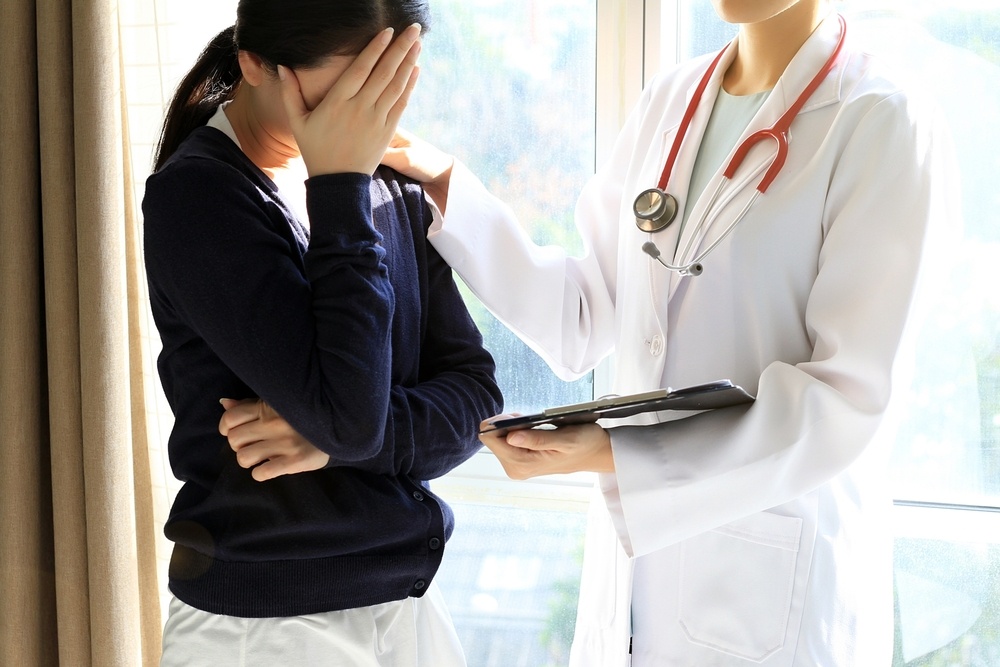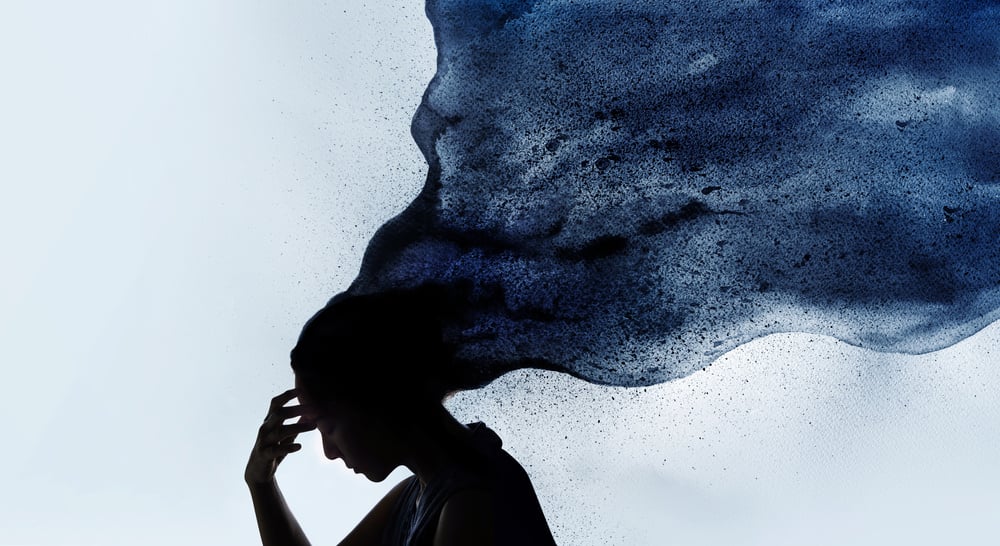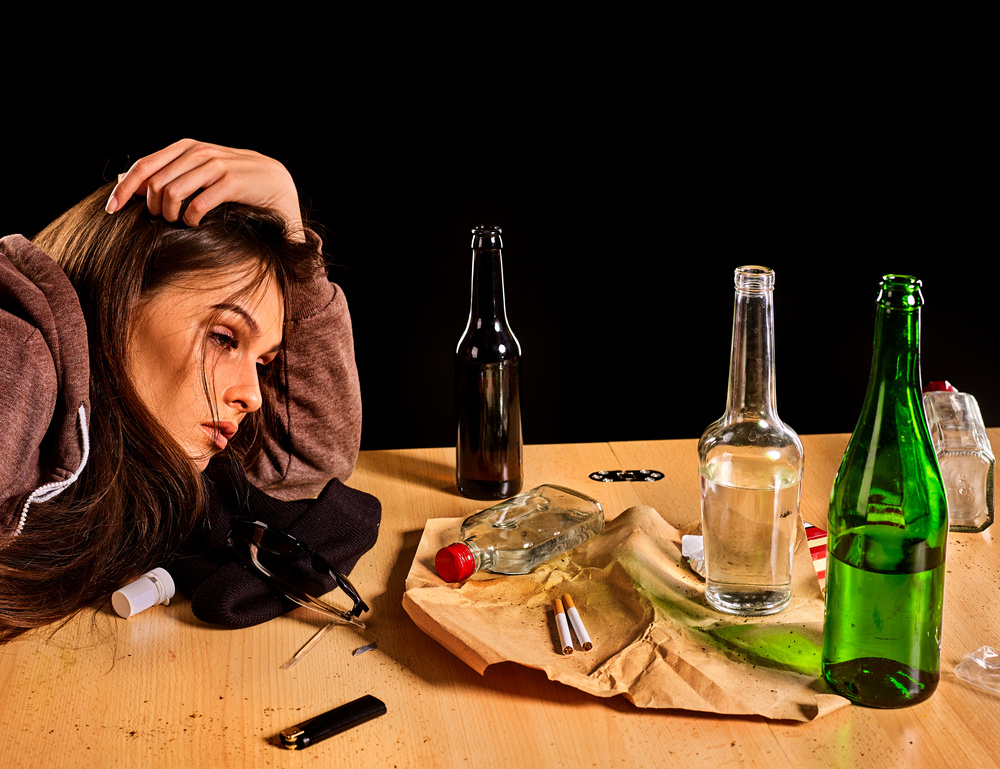Do I Have Depression?
Depression has become an integral term used in American society to describe sadness. However, depression, also known as major depressive disorder (MDD) or clinical depression, is listed as a medical illness in the Diagnostic and Statistical Manual of Mental Disorders, Fifth Edition (DSM-5) and is recognized as a serious mood disorder. The World Health Organization (WHO) explains that depression is “characterized by persistent sadness and a lack of interest or pleasure in previously rewarding or enjoyable activities,” resulting in significant impairment in one’s daily life. An individual that suffers from clinical depression has a chemical imbalance in his or her brain, resulting in an inability to return to an emotional equilibrium as quickly as others when experiencing an emotional low. Depression is not uncommon, as an estimated one in fifteen adults (6.7%) in any given year, and one in six people (16.6%) will experience depression at some time in their life, according to the American Psychiatric Association (APA). A major depressive disorder that goes untreated can increase the risk of developing diabetes, osteoporosis, substance abuse, and more. If left untreated, MDD can adversely affect one’s overall health and lead to short and long-term physiological complications.
Signs and Symptoms
Every individual is different and as such the signs and symptoms of one’s depression will manifest distinctly. Symptoms can range from mild to severe and will directly depend on the individual and his or her circumstances. The Harvard Medical School asserts that the most prominent symptom of clinical depression is a severe and persistent low mood. Additional examples of common signs and symptoms that could be exhibited by an individual struggling with depression may include, but are not limited to any combination of the following, provided by the APA:
- Changes in appetite
- Weight fluctuation
- Loss of interest in previously enjoyed pastimes
- Feelings of hopelessness and/ or pessimism
- Difficulty sleeping or sleeping too much
- Increased fatigue
- Feeling worthless and/ or guilty
- Difficulty concentrating
- Irritability
- Persistent feelings of sadness
- Moving and/ or talking more slowly than usual
- Suicidal ideation
It is important to note that not all signs and symptoms must be present for an individual to be diagnosed with depression. In situations where one’s symptoms become pervasive and debilitating, it could be indicative of major depressive disorder, and pursuing professional guidance is recommended.
The diagnosis process for depression is typically comprised of a thorough evaluation where a medical professional will ask in-depth questions about one’s mood, behavior, daily activities, and family health history. An individual may also be requested to complete a depression-rating questionnaire (e.g., the Hamilton Depression Rating Scale, the Zung Self-Rating Depression Scale, etc.) to gauge one’s level of depression. A diagnostician refers to the diagnostic criteria outlined in the DSM-5 and confirms a diagnosis of depression by differentiating it from other psychiatric conditions, such as bipolar disorder, anxiety disorders, and obsessive-compulsive disorder (OCD).
For Information and Support
Substance abuse and addiction can be incredibly dangerous and can result in severe short and long-term consequences. If you or someone you know is suffering from substance abuse or addiction, please get help as soon as possible. The earlier you seek support, the sooner you and your loved ones can return to leading happy, healthy, and fulfilling lives. There is no reason to go through this alone, and we are here to help. Please feel free to reach out to us for further information or with any questions regarding substance abuse or addiction. We are available anytime via telephone at: 213-389-9964, or you can always email us at: info@friendlyhousela.org.



